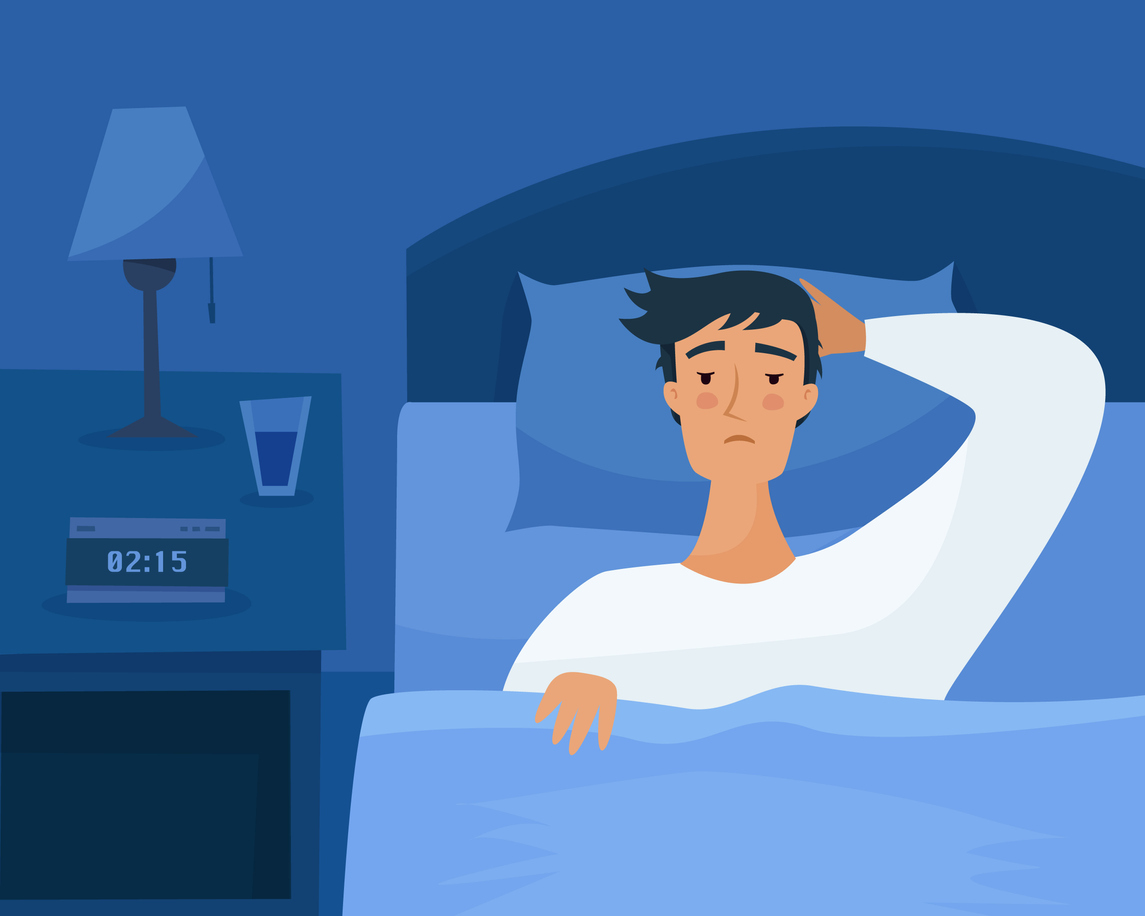Kids and Sleep Aids
Some parents turn to sleep aids, such as melatonin, when their children are struggling to sleep. However, the risks may not be worth it.

More parents are using sleep aids for their kids. Experts say they shouldn't.
Just because some sleep meds can be purchased without a prescription does not mean they are safe for children. Some can even have the opposite effect.
If you have a child who constantly fights bedtime, interrupts your sleep at night, or frequently seems to have difficulties falling asleep, chances are you've at least thought about administering a sleep aid. While the topic is taboo for some parents, the practice of using drugs or supplements to help young children fall asleep may be more common than you realize.
According to a YouGov survey conducted online of 933 parents with children under age 18, nearly half of those who had kids struggling with sleep issues had administered a sleep aid to them. Use of sleep aids in adults may be even more prevalent. Data from the U.S. Centers for Disease Control and Prevention shows that nearly one in five adults takes sleep medication.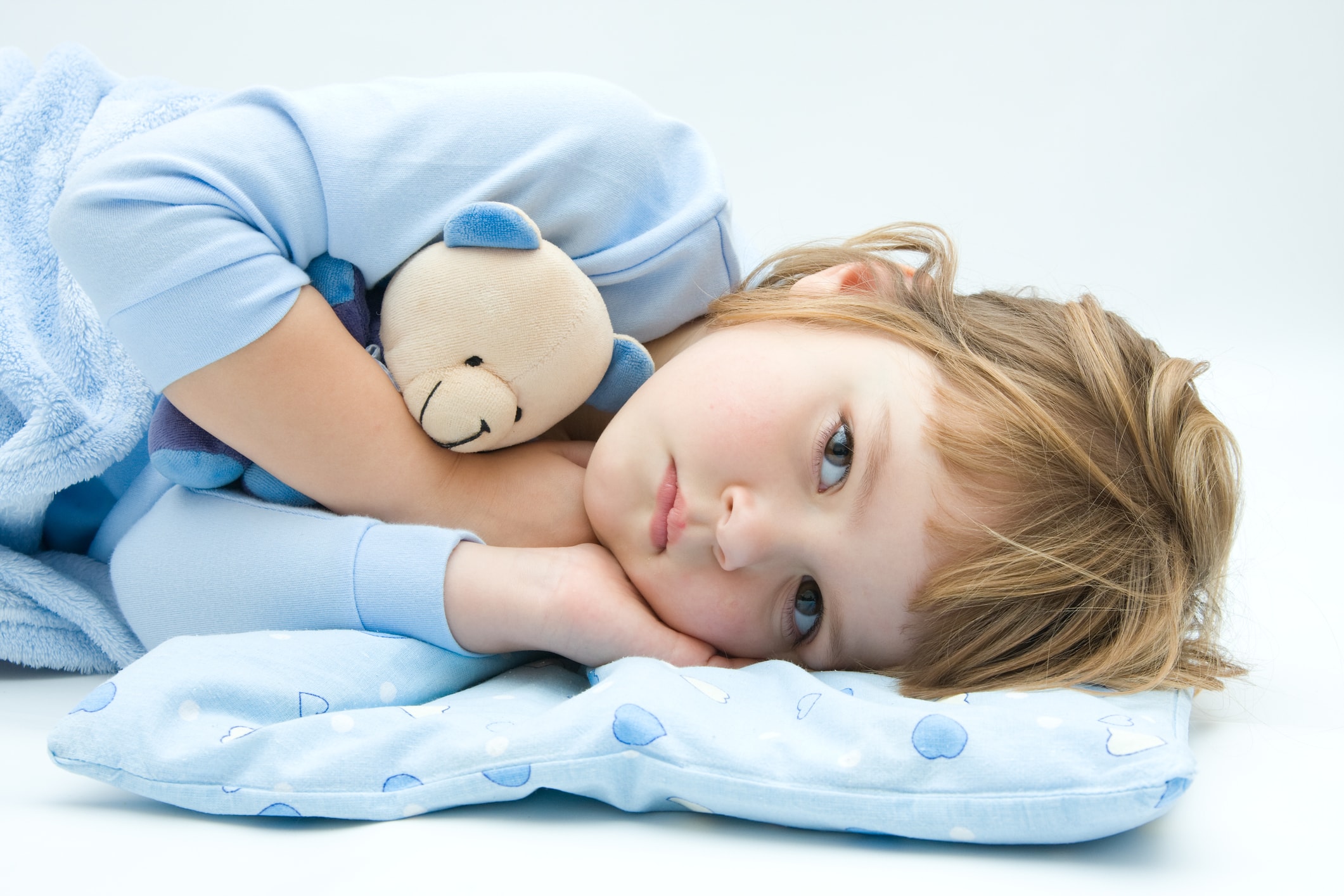
Sleep aids are medications or supplements that work by either increasing sleep-promoting neurotransmitters or modulators in the brain or by decreasing neurotransmitters or modulators that trigger waking, says Argelinda Baroni, a physician and co-director of the child and adolescent sleep program at Hassenfeld Children’s Hospital at NYU Langone.
"If a sleep aid acts quickly, it helps with difficulties falling asleep," Baroni says. "If it remains in the body for a long time, it helps with sleep maintenance or staying asleep."
While prescriptions are available for adults, “there are no prescription medications approved for insomnia in children,” says Judith Owens, a board-certified sleep medicine physician and the director of the Center for Pediatric Sleep Disorders at Boston Children’s Hospital.
When it comes to the use of over-the-counter sleep aids, “there’s little scientific evidence to support their use in children,” says Jennifer Martin, a psychologist and professor of medicine at the University of California, Los Angeles; and they may even have paradoxical effects such as excitation, says Owens.
Since these medications are not strictly regulated by the U.S. Food and Drug Administration (FDA), they also don’t require extensive testing such as clinical trials before they are marketed directly to consumers. Sleep-related dietary supplements can be more problematic because they are even less regulated, and sometimes include unlisted ingredients. One of the most popular of these supplements is melatonin.
"Melatonin is considered a supplement and is not strictly regulated by the FDA, therefore it may contain trace amounts of other substances such as CBD and serotonin," cautions Suzanne Beck, a sleep medicine physician and the medical director of the sleep center at Children's Hospital of Philadelphia.
While sleep aids can be useful, they can also be habit forming and may cause worrisome side effects. Sleep scientists especially warn against their use in children for extended periods of time and unless recommended by one's primary care provider.
Types of sleep aids
Sleep aids generally fall into three categories: over-the-counter (OTC) medications that consumers can buy directly from a food or drug store, prescription drugs that require a doctor's authorization, and dietary supplements.
OTC sleep aids include diphenhydramine used in Benadryl, cyclizine used in Marezine, and doxylamine used in Unisom. Each is a sedating antihistamine, sometimes called first-generation antihistamines.
Though designed to block the effects of a chemical in the body called histamine—for the purpose of preventing allergic reactions like itchiness, sneezing, and nausea—first-generation antihistamines are distinct from other antihistamines because they "cross the blood-brain barrier" and can also promote sleepiness, says Ilene Rosen, a sleep medicine doctor and associate professor of medicine at the Perelman School of Medicine at the University of Pennsylvania.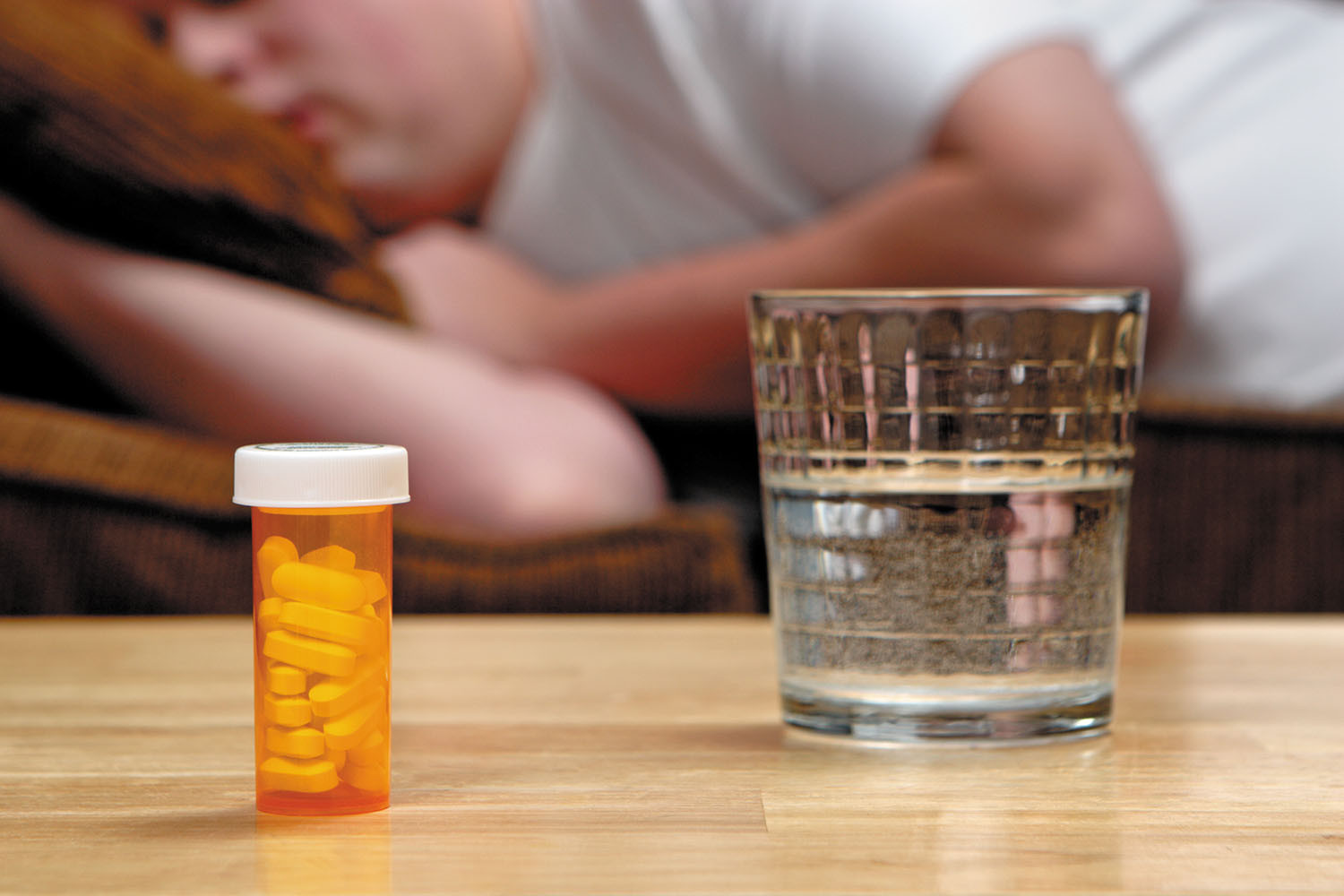
Because of this defining characteristic, some parents give sedating antihistamines to their children when they're "in a pinch," says Beck. This may include when a child can't sleep due to an illness, when a child struggles to fall asleep several nights in a row because of a recurring nightmare, or even to help some children stay asleep during a long airplane flight.
Prescription sleep aids include zolpidem used in Ambien, eszopiclone used in Lunesta, and zaleplon used in Sonata. Other pharmaceuticals like amitriptyline and trazodone also have sedating effects, though they are not approved by the FDA for that purpose. No prescription sleep aid is approved for use in children.
The most common type of sleep aid for children recommended by some pediatricians are dietary supplements, available in the health department of most grocery stores. They are sold as chewables, capsules, liquids, or gummies and include valerian, magnesium, and melatonin, with the latter being the most popular and most studied of the three.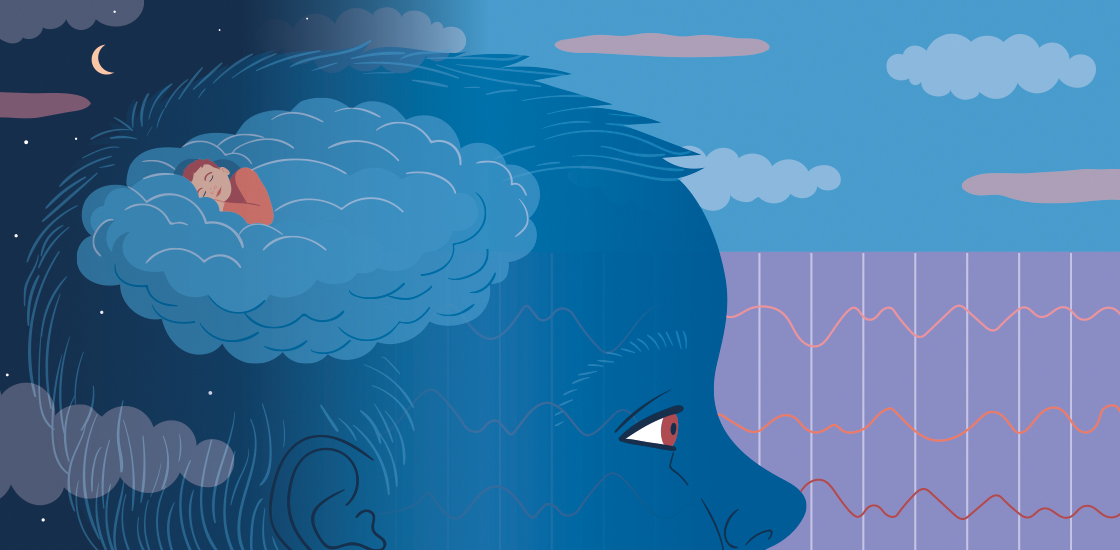
Pros of using sleep aids
The primary benefit of taking a sleep aid is getting more or better sleep. This can help one avoid issues known to be associated with sleep loss including an inability to focus in school and an increased risk of developing obesity.
In the case of melatonin's use in kids, the supplement "can be effective at helping children fall asleep when combined with a healthy sleep routine," says Beck. At low doses, melatonin "can also help set the stage for an earlier sleep time," such as when a child must adjust to a new work or school schedule, she adds.
The supplement has been studied extensively, and has been shown to be safe and effective for children who struggle with insomnia related to neurodevelopmental disorders such as ADHD, autism, and epilepsy.
Though such research is encouraging for parents of children affected by these disorders, "there is much less evidence to support melatonin's use in typically developing children," says Owens.
Cons of using sleep aids
While the importance of getting enough sleep at night can't be overstated, sleep aids are generally not recommended as a long-term solution for either children or adults because they can become habit forming and cause adverse reactions. They have been shown to impair cognition and can cause daytime grogginess and falls that lead to injury.
"Regular use of any OTC sleep aid might have unintended side effects," says Baroni. These include residual sedation, headache, blurred vision, rapid heart rate, and constipation or difficulties urinating.
People also can build up a tolerance to sleep aids, rendering them less effective over time. And, sleep aids can delay preferred long-term strategies. “Giving children sleep aids sends the message that they can't fall asleep independently and does not motivate the parent or child to work on sleep practices to help sleep, which should be the first line treatment for sleep disturbance in most children,” says Baroni.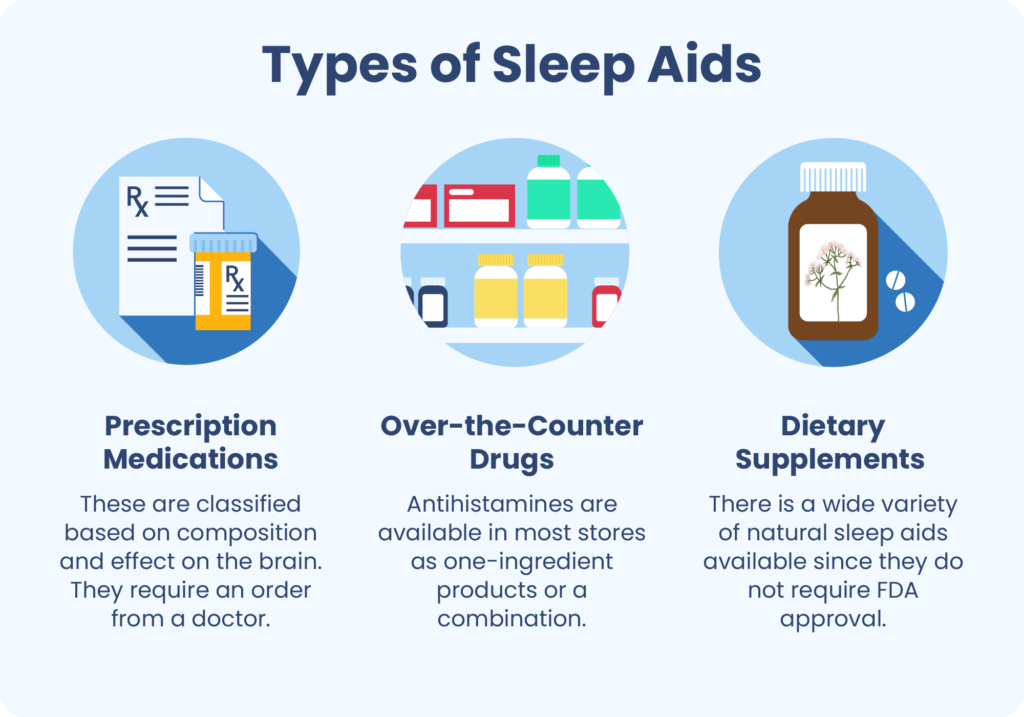
How much is safe?
The lack of robust regulation can make dosing sleep aids tricky.
When it comes to dietary supplements, one study shows that doses of 1 milligram to 3 milligrams of melatonin are appropriate for children who weigh less than 88 pounds and that children who weigh more than that shouldn't take more than 5 milligrams.
"Melatonin is considered quite safe at appropriate doses when used for a short time," says Baroni. Likelihood of dependency increases the longer a child takes a sleep aid. "We are seeing sleep aid use continuing to increase and often parents do not know how to stop these medications or supplements after their child starts using them."
OTC sleep medications should only be administered as directed.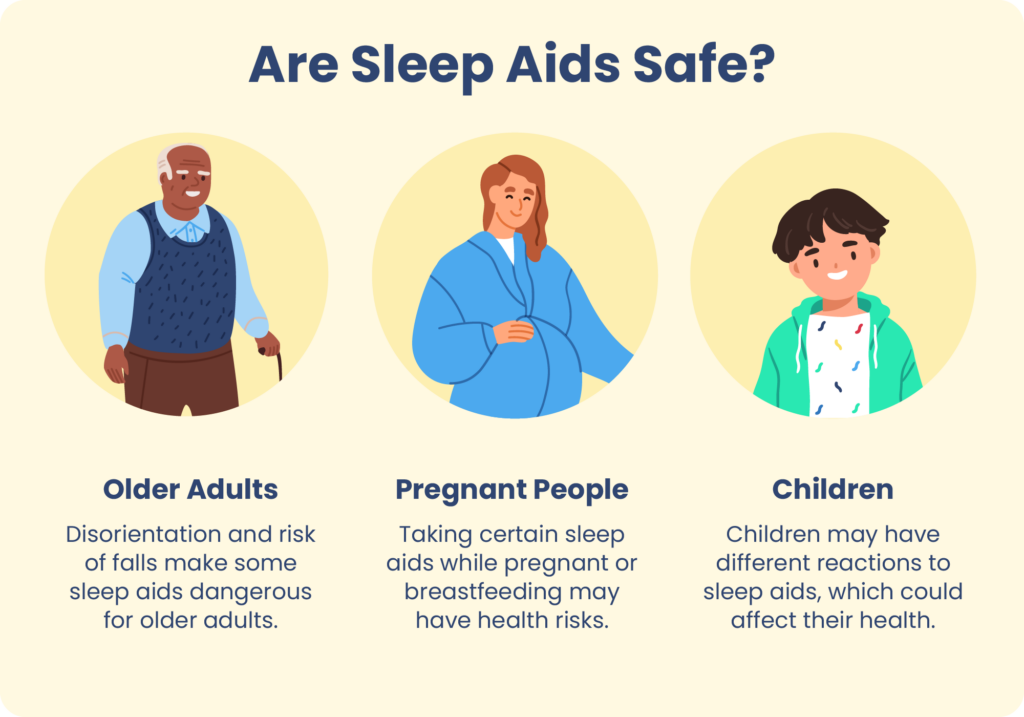
Unisom SleepTabs, for instance, warns against using the product in children under age 12. In the case of Benadryl, many forms of the drug should never be given to children younger than six; and only one capsule or tablet to kids ages 6-12. Even among these age groups, however, users are directed not to use the product "to make a child sleep."
"Sleep aids such as Benadryl or Unisom can be used in the context of treating colds or flu-like symptoms but should not be used as primary sleep agents," says Bhanu Prakash Kolla, a physician and consultant at the Center for Sleep Medicine at Mayo Clinic in Rochester, Minnesota.
Addressing the deeper issue
Kolla says sleep aids should only be used as a “last measure and under the supervision of a healthcare provider," and that many sleep problems can be resolved through behavioral strategies. These include ensuring a child's environment is conducive to restful slumber by keeping bedroom lighting dark, maintaining an ideal room temperature, providing a comfort item or preferred blanket to sleep with, and by using consistent white noise when needed.
Beck recommends "a short and sweet bedtime routine preceded by calm, relaxing activities after dinner. " She also suggests avoiding any electronic devices in the bedroom to “allow the body’s natural production of melatonin to take effect to promote sleep."
Of course, there are psychiatric conditions and sleep disorders where the use of various sleep aids or behavioral therapy may be recommended for some children, but these conditions should be diagnosed and evaluated by a specialist on a case-by-case basis.
"The best course of action for children with sleep difficulties is to consult with a healthcare provider and to ask for a referral to a sleep specialist who can address the underlying cause of sleep problems," suggests Martin. "Children can have sleep disorders like insomnia and sleep apnea just like adults and a timely diagnosis and treatment can help them do better in school, improve behavioral problems, and help them thrive.”
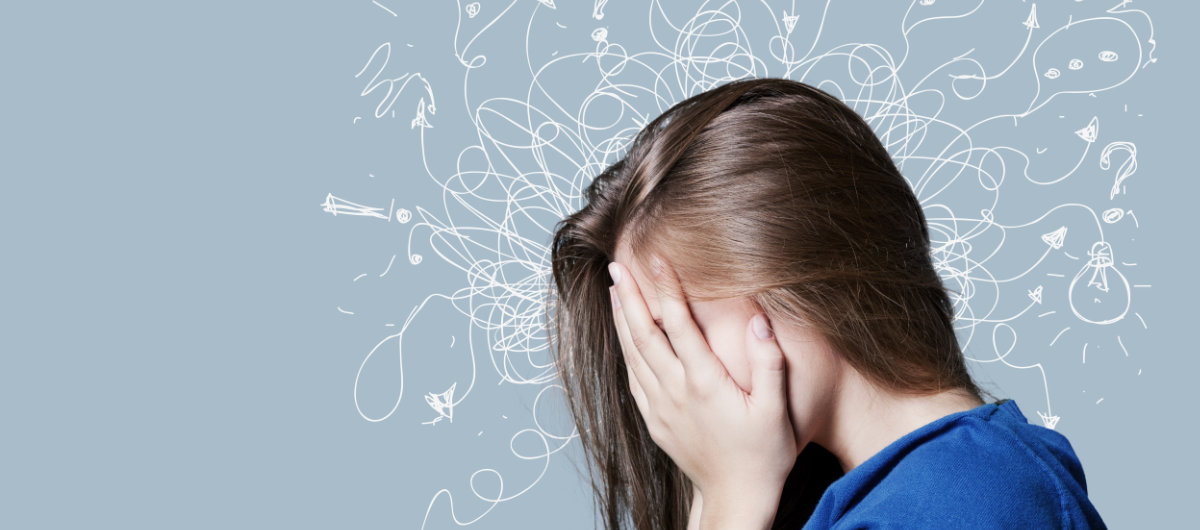
Source
https://www.sleepfoundation.org/sleep-aids/sleep-aids-for-kids#:~:text=In%20general%2C%20experts%20recommend%20melatonin,determine%20if%20it%20is%20necessary.
https://www.resmed.com/en-us/sleep-apnea/sleep-blog/a-look-at-sleep-aids-for-children/
https://www.mayoclinic.org/healthy-lifestyle/adult-health/in-depth/sleep-aids/art-20047860
https://my.clevelandclinic.org/health/drugs/15308-sleeping-pills
https://www.webmd.com/sleep-disorders/understanding-the-side-effects-of-sleeping-pills
https://safermedsnl.ca/sleeping-pills-pros-and-cons


